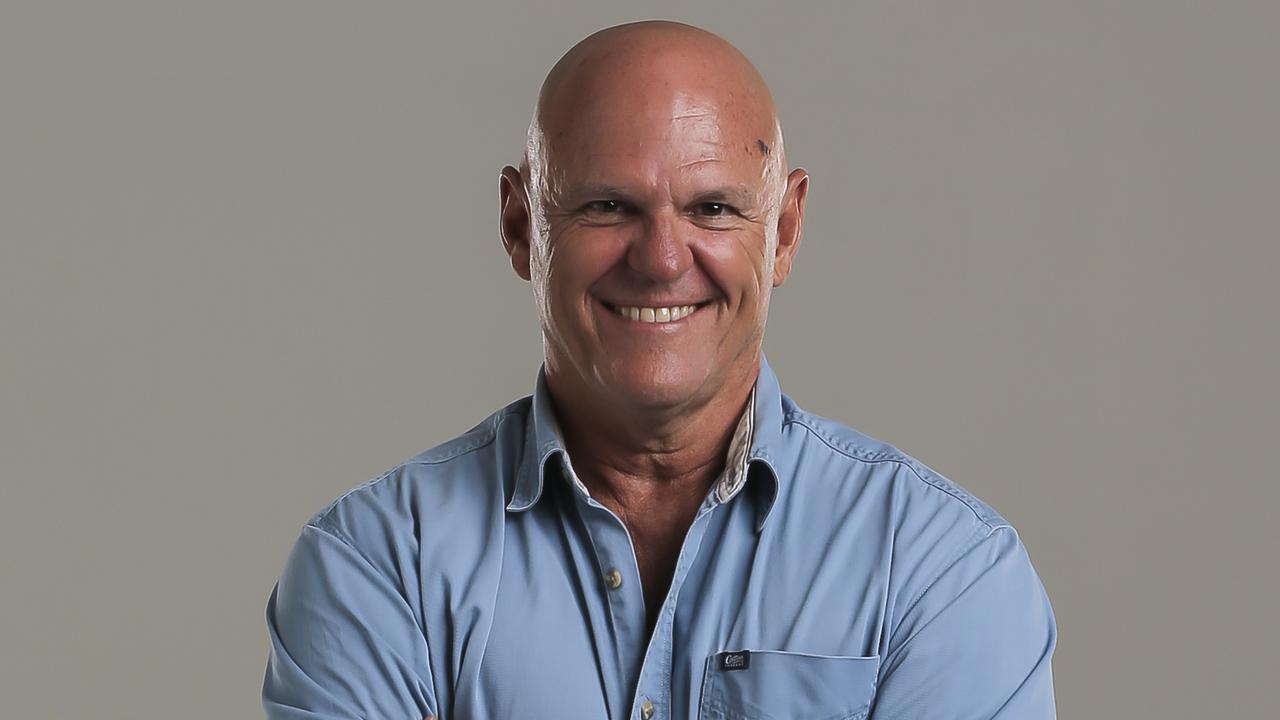The Newman Government is overhauling how Queensland is governed by empowering local councils to make their own decisions
THE Newman Government's move to give councils a say in how they are run is a radical change to the way Queensland is governed.

THE Newman Government is shaping up as Queensland's most revolutionary new administration in decades.
And not just because of its aggressive new anti-pedophile and anti-bikie laws, which are testing traditional views on the separation of the power of the courts, parliament and the government of the day.
The LNP is also making huge changes in the way we are governed in Queensland, which will potentially affect everyone in the state.
For decades successive Queensland governments have grown bigger and centralised power in the southeast. Former premier Peter Beattie's forced amalgamation of local councils and the introduction of evermore stringent planning laws aimed, in part at least, at controlling the wilder tendencies of local councillors were monuments to the times.
But now, Newman is spearheading an approach aimed at reversing this trend, with a suite of new strategies and laws designed to give local communities much more power to determine their own futures.
Do you agree with the move to decentralise government? Leave a comment below
It might sound like just so much juggling of bureaucratic responsibilities between different levels of governments but it is, in fact, a potentially massive makeover of the way things used to be and raises fundamental questions about what exactly is the role of government in our lives and the definition of essential public services.
Just how significant the changes might be were highlighted at last week's Local Government Association of Queensland conference in Cairns.
Newman, Deputy Premier Jeff Seeney and Local Government Minister David Crisafulli all hammered home the same message - the State Government wants to get out of the way of local councils and let them get on with the business of making the best decisions for their communities.
"There has been a huge cultural change in the Department of Local Government that has been because of a clear direction - I want the power resting in you and not me. I want the decisions made by you and not me," Crisafulli told the assembled local government councillors and administrators.
To that end the State Government has changed the Local Government Act to give councils more responsibility and has introduced new planning instruments aimed at giving local authorities more control over development decisions.
"Our approach is to work from the ground up, empowering councils, empowering individual mayors and councillors, empowering their local communities to come up with local solutions to local challenges," Seeney said in his address.
But the Newman Government ministers stress it is a plan that only works if local councils step up to the challenge - not only because of new responsibilities but also because money is not as free at it once was.
Or as Crisafulli said: "I have been upfront with you, that we don't have the money we once had".
And that means councils are going to have to find new ways to fund their own operations, which is where citizens across the state might start noticing the change.
Under traditional thinking one of the few sources of revenue for councils is rates, but under the Newman Government model of increased local autonomy councils are going to lose out to other local authorities in the bid to attract new residents and business if the best they can come up with is higher charges.
Newman urged councils to be innovative in thinking up new ways to increase revenue.
"Many councils are still doing things the same way they have in the past. Many councils are saying to me, 'we don't have the money,' yet frankly they're sitting on a gold mine," he told delegates.
He says councils should be looking at their land holdings to see how they might be turned into money and recommends local authorities look at having the private sector build, own and operate sewage and water utilities rather than tying up funds to build them themselves.
And councils, Crisafulli says, should stop seeing themselves as the local source of employment but rather facilitators helping others create jobs.
It is easy for critics to dismiss the Newman Government's approach as so much rhetoric and just another way to justify cutting government services - by saying in effect to councils, "Here, you look after it", even if means reducing current service levels.
But there is a strong philosophical underpinning to the LNP's strategies that many would find refreshing - the idea that local communities will always have a better idea of their own needs and solutions to problems than someone sitting in head office.
And that is a pretty revolutionary idea after years of George Street deciding what's best for us.


